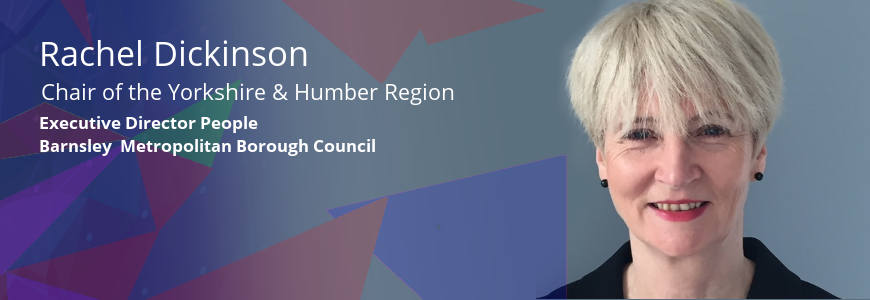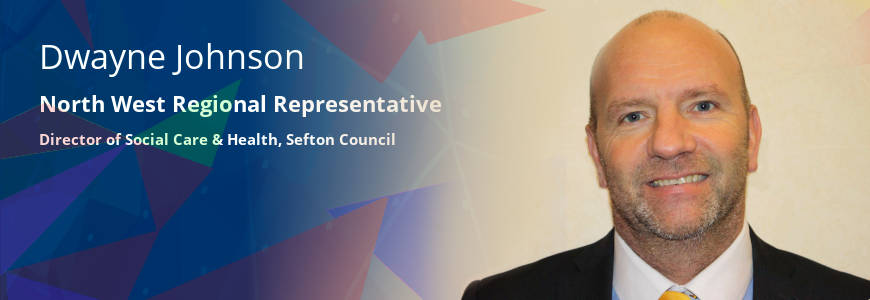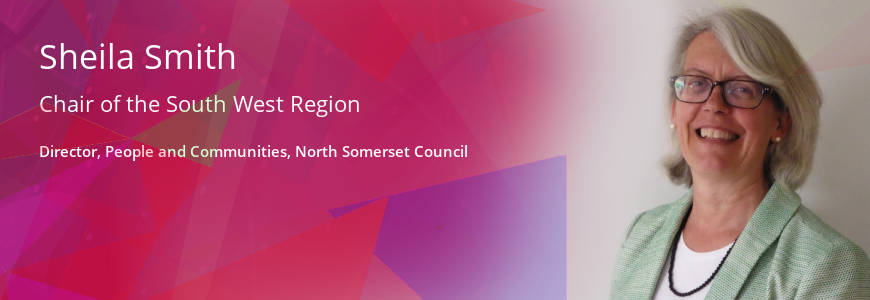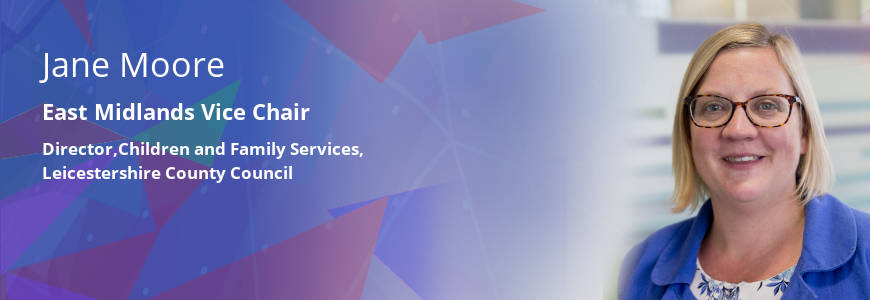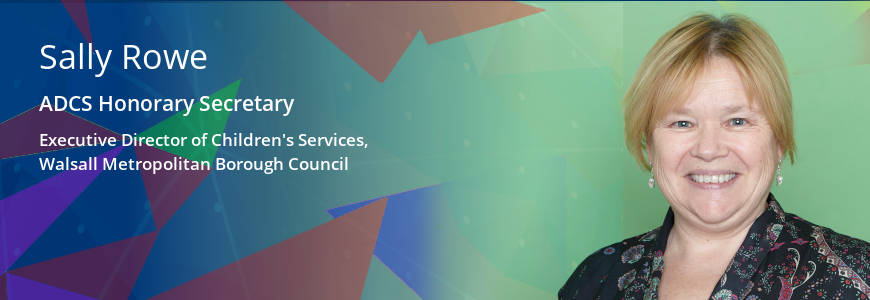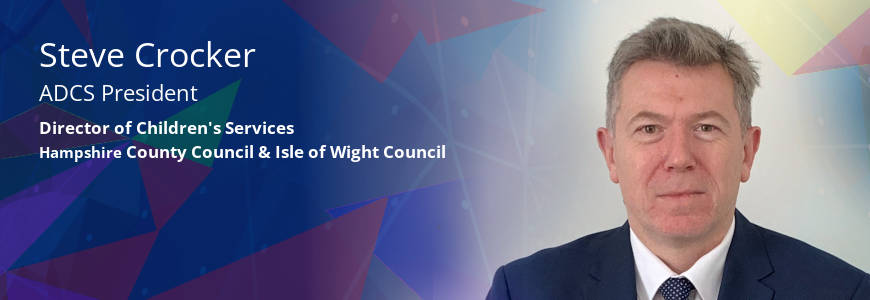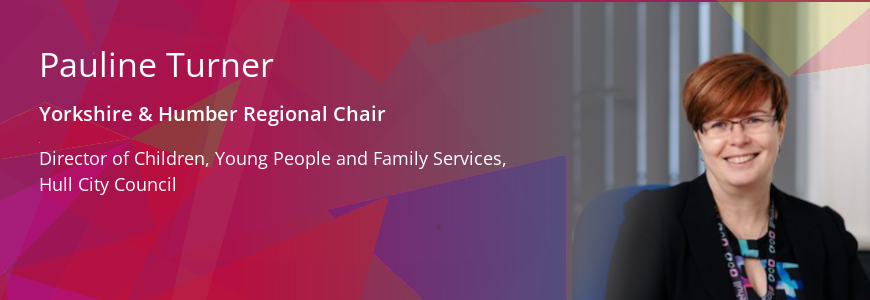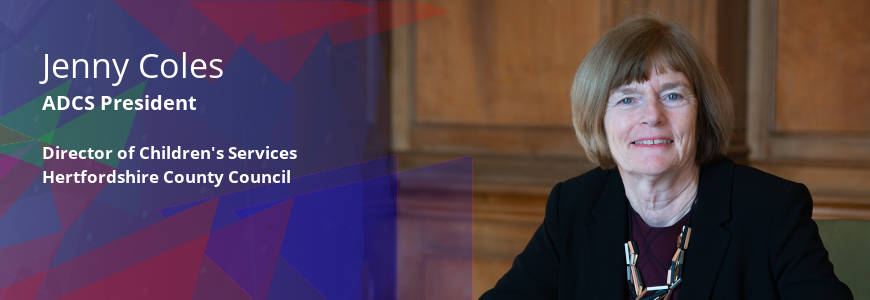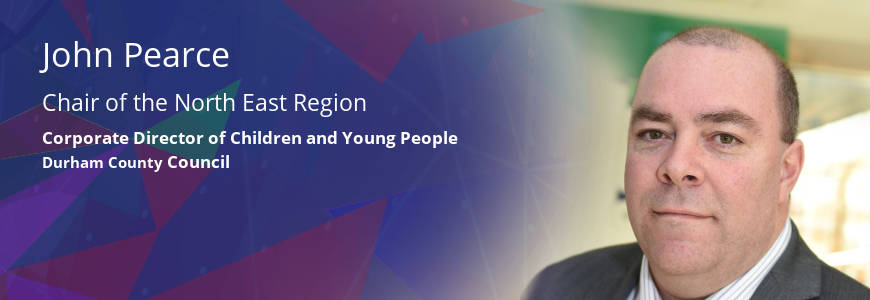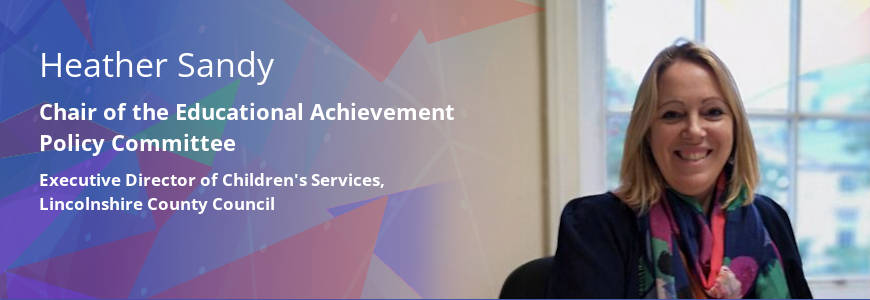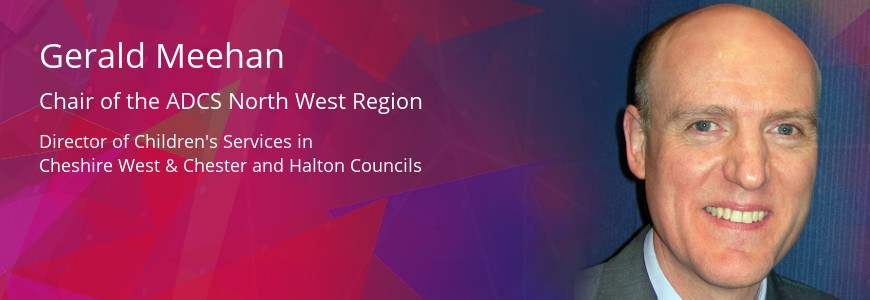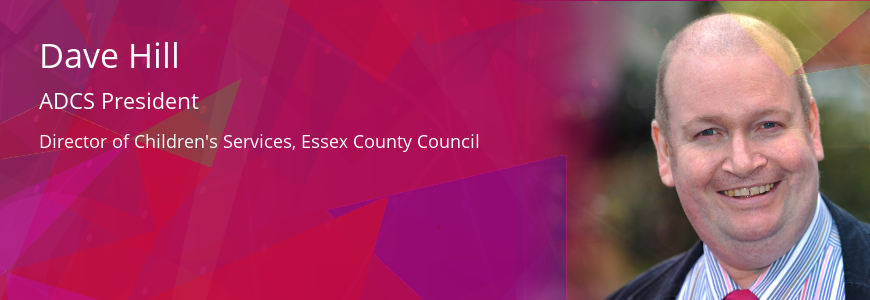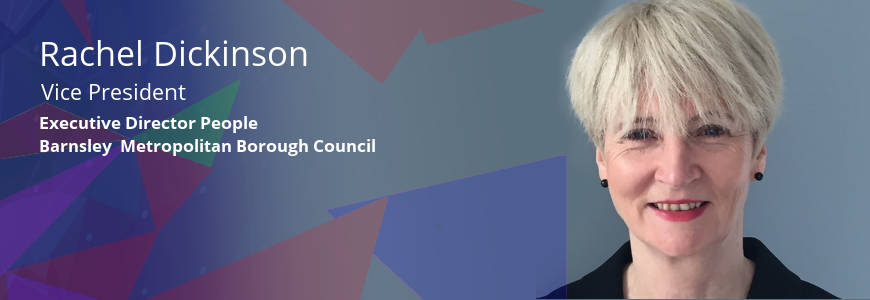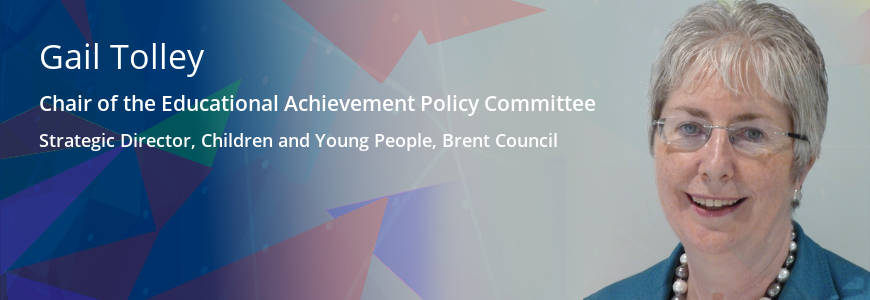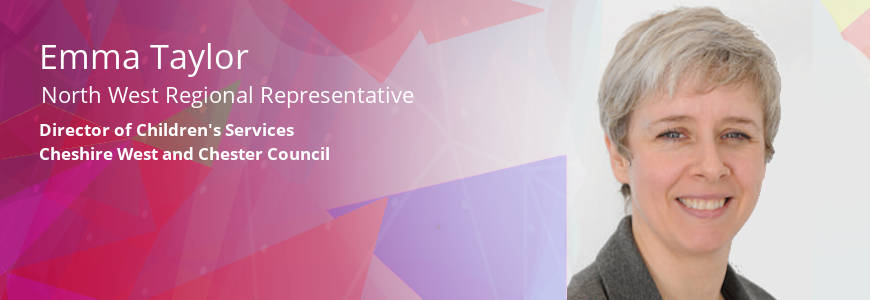The economy, opportunity and learning how to fish
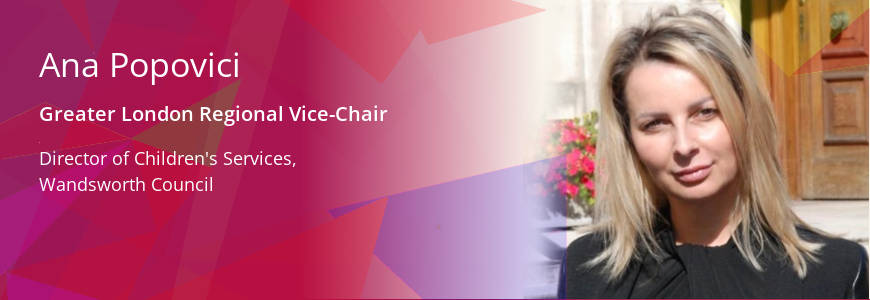
It truly is a privilege to be a public servant, and together with colleagues and partners, be at the heartbeat of our society at such a critical time. With this comes a great moral responsibility to act as the catalyst for change and action in the eye of the perfect economical storm. We need to unapologetically invest in our children and young people so they can be part of the solution as we are reimagining our future.
It’s clear that investment in skills and opportunity is needed for all young people. This is particularly important for our care experienced young people, for whom we are corporate parents, most of whom have experienced a mass of challenges and setback as they have navigated complex and stubborn systems to get to adulthood.
Let’s first acknowledge that opportunity and economic status are inextricably linked. This is by no means a new principle. Reducing economic hardship by supporting self-sufficiency has history. If you need the evidence just look at the writings of 12th-century philosopher Maimonides who established ‘eight degrees in the duty of charity’. The eighth-degree states ‘the most meritorious of all, is to anticipate charity by preventing poverty, namely, to assist the reduced brother, either by a considerable gift or loan of money, or by teaching him a trade, or by putting him in the way of business, so that he may earn an honest livelihood and not be forced to the dreadful alternative of holding up his hand for charity’. Or you could say ‘Give a Man a Fish, and You Feed Him for a Day. Teach a Man To Fish, and You Feed Him for a Lifetime’. And yet how often do we provide the fishing net?
As the most significant contemporary conversation, the economic crisis, is placing an onus and a heightened accountability on us all; it is our job to provide that fish to eat. And we also need to ensure, at a personal and professional level, that we are thinking together on how best to transition young people safely into adulthood to promote social mobility, to bridge the skills shortage as emerging markets of technology and green jobs come to the fore.
And progress is being made with the lowest levels of youth unemployment since records began in 1992 at less than 400,000 in May-July 2022, yet more needs to be done.
The fastest growing job markets are in software design, healthcare, science, and engineering with climate change related roles leading the way. Wind turbine service technicians, solar photovoltaic installers, statisticians, nursing practitioners and information security analysts rank as the topmost in demand roles for the next decade.
The ability of young people to be part of the solution is central to reimagining the jobs market. We need to help them fish!
The importance of getting it right is reinforced by the growing levels of child poverty that we are seeing. The once and for all big shift is to thinking of children and young people as a social trend and a solution. With this must come behaviour and expectations that provide skills for the future alongside present help.
Happy weekend colleagues and ‘Shana Tovah’ to all colleagues who have celebrated the Jewish new year this week.
Related Blog Articles
Highs and lows are part of our professional reality and this week has been no...
In General
“One hundred years from now, it will not matter what kind of car I drove, what...
In Care
In the middle of this week I had a blast from the past as we welcomed the...
In Care
Three weeks ago today, a generation of children who have spent around a third of...
In Education
There are over 150,000 children growing up in kinship care in England today, and...
In Care
As I write this it’s finally beginning to feel a bit like Christmas. My...
In General
The varying number of national and regional initiatives, pathfinders and pilots...
In Care
ADCS recently published a discussion paper Building a country that works for all...
In General
Starting the new year, I’m sure we are all glad to see the back of 2020 but...
In Safeguarding & Child Protection
This week has been my first as Chair of the Educational Achievement Policy...
In Education
Encouraging, nurturing and stretching our future talent is important in any area...
In General
“When ye proffer the pigge, open the poke”, circa 1858. Meat was a little...
In Education
Brave, brave, brave! This was the word bounding around my head as I sat beside...
In Care
On Thursday we were advised that the five tests had been met and that the phased...
In
Recently, I chaired the North West’s School Improvement Group and also led a...

